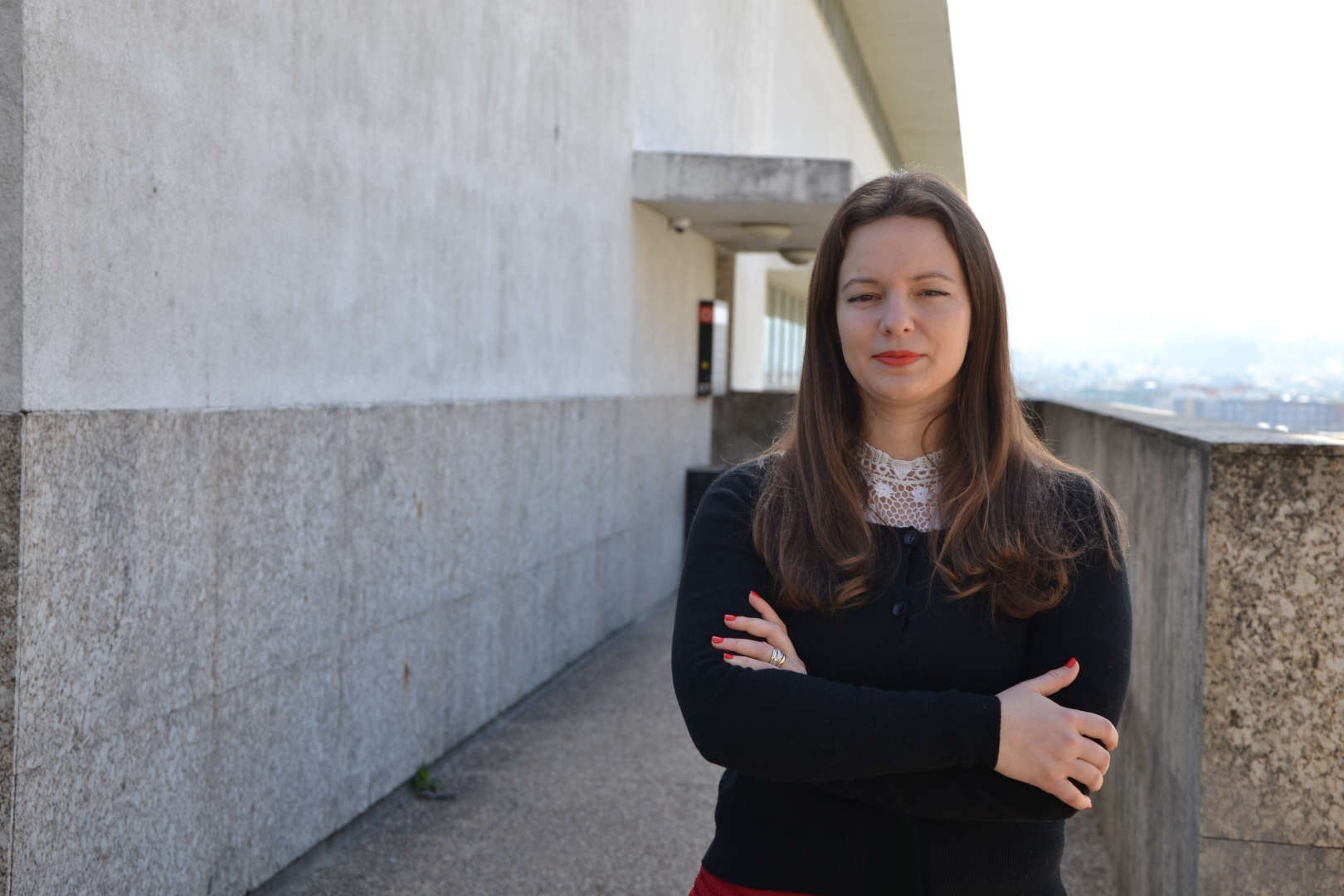Sobre
Sou investigadora no Laboratório de Software Confiável (HASLab) e Professora Auxiliar Convidada na Universidade do Minho, onde lecciono nas disciplinas de Tolerância a Faltas, Sistemas Distribuídos e Sistemas Operativos. Os meus interesses de investigação incluem sistemas confiáveis de gestão e processamento de dados e diferentes mecanismos de tolerância a faltas.
Participei em múltiplos projetos de investigação Nacionais, Europeus e de inovação em colaboração com empresas da área da Engenharia de Software, dos Seguros e da Energia.


